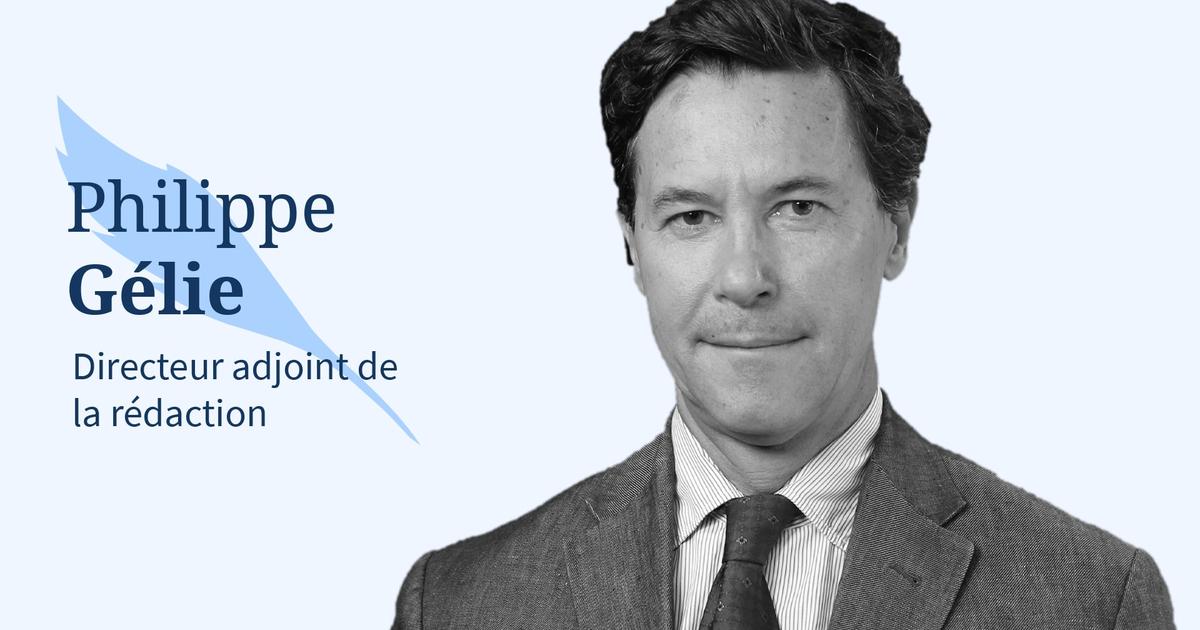It was a good week for Waldimir Putin: The Kremlin chief did not receive so much international attention for a long time. While shaking hands with the numerous heads of state and government at the Africa summit in Sochi, pictures of the Russian military police stationed in the northern Syrian border region with their armored vehicles went around the world. An international Syria protection force, as proposed by Defense Minister Annegret Kramp-Karrenbauer? They do not need it, said the Russian Foreign Ministry. Take care of yourself.
Putin divided northern Syria between himself and Turkish President Recep Tayyip Erdogan, thus exposing NATO to fait accompli (read the background). The losers of this bilateral agreement are the Kurds, who now have to withdraw from the region. The invaded troops of Turkey, however, may remain only once, partly because Erdogan has recognized by his deal with Putin the Syrian ruler Bashar al-Assad de facto. This brings stability to the region, but Putin wants Ankara and Damascus, so far hostile, to cooperate permanently. Until that is achieved, however, the self-styled peacemaker Putin may still have to travel a long way. However, he has made first, vehement steps.
Five years ago, after the annexation of the Crimea, the beginning of the Donbass war and the shooting down of flight MH 17 by a Russian Buk rocket, Moscow was largely isolated on an international level. Now, without Russia, nothing is going on in Syria.
New power relations
All this is not the result of long-term planning, Putin has never been a great strategist. He reacts. The Kremlin-related and influential foreign policy expert Fyodor Lukyanov describes this as the ability of Moscow "to respond to changes in a flash and have a sense of opportunity". "That includes the ability to see and use others' mistakes." The US withdrawal from Syria was such a mistake.
Sergei Chirikov / POOL / EPA-EFE / REX
Recep Tayyip Erdogan and Vladimir Putin in Sochi: Without Moscow, nothing can be done in Syria
With this tactic Putin has tested his limits on the international stage and thereby rearranged the balance of power in Syria, also because he was doing it unscrupulously: He took war crimes such as the use of chemical weapons by Assad's troops and even applied military force. Hundreds of civilians died as the Russian army controlling Syrian airspace bombed residential areas and hospitals.
Putin closes deals without "political or other conditions"
For the Kremlin, there is no ideology, says Lukyanov, no division into good and evil as in Western countries. There are no firm alliances, but only short-term alliances, which closes Moscow according to interest. This creates the greatest possible flexibility.
Before the Africa summit, Putin described his policy for the continent as follows: Who wants deals, gets them with him without "political or other conditions". Unlike some western countries that used "pressure, intimidation and blackmail against sovereign African governments," he said. With his two-day summit show in Sochi, Putin announced his clear claim to be far more involved in Africa, both economically and politically.
Dissatisfaction and protests at home
In the year 20 in power, it seems as if Putin now sees his place on the stage of world politics. The lowlands of domestic politics seem to interest him less. For years, the Kremlin chief has tried in his speeches to paint the picture of a Russia that is doing well and facing a much better future. But the Russians feel quite differently, the discontent in the country is growing steadily: the economy stagnates, real incomes fall, the retirement age has been increased.
Recently, the Kremlin party United Russia had to suffer severe defeats in elections, in the summer thousands protested in Moscow. Since then, Russia has been experiencing a new wave of judicial and police repressions, and the authorities' reactions are unpredictable and harsh. Who is persecuted when and why remains opaque.
At the protests in July were initially 19 men arrested for alleged mass riots. There were solidarity actions and other protests, yet some of the defendants were sentenced to high prison terms, as in the case of Konstantin Kotov. The 34-year-old had participated several times in protests. He is now to be held in custody for four years - a judgment intended to deter others from attending further rallies. In other accused punishments were again surprisingly mitigated or repealed.
DPA
In late July in Moscow: security forces take action against a demonstrator
All this deceived for a brief moment before calming, because in a second step, the authorities against five other men before. At the same time they pursue the opposition politician Alexei Navalny and his followers with large-scale searches. Nawalny's Anti-Corruption Foundation has since been declared a "foreign agent". Even foreign media, such as Deutsche Welle, reporting in Russian, are now being targeted.
This week, the Kremlin put two more messages on it:
- First, Putin made his Human Rights Council, already mostly tame occurring, shuffle. Four inconvenient and critical members, including human rights lawyer Pavel Chikov and well-known political scientist Ekaterina Schulman, were removed from their posts. The council was headed by Valery Fadeyev, a leader of the governing party.
- Second , Putin awarded Rustam Gabdulin, the lead investigator in Moscow protests, for his many years of service to his country.
This once again made it clear to whom Putin's loyalty applies: the security forces who have been testing since the summer, how far they can go to gradually break the Kremlin's protesters' will to protest. They should provide peace in the country, leaving their president free for his power games away from home.










/cloudfront-eu-central-1.images.arcpublishing.com/prisa/KMEYMJKESBAZBE4MRBAM4TGHIQ.jpg)


